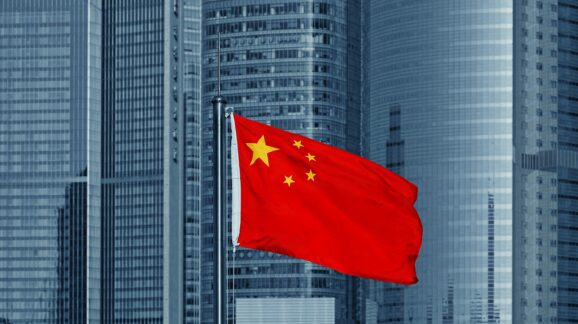China’s Beneficial Status as Developing Nation in UN Treaties Disadvantages US, Must End

Photo Credit: Getty
China is now the world’s second largest economy and the largest exporter, yet it is designated as a developing nation in United Nations (UN) treaties. This has created unfair and unjustified advantages for China over the United States and other developed nations.
According to a new Competitive Enterprise Institute (CEI) study, China is granted ten more years than the US and other developed nations to comply with the terms of one UN treaty. Under that same treaty, China could receive millions of dollars in financial assistance from the US and other developed nations to help them comply.
China’s status as a developing nation in UN treaties dates back to 1987, with the signing of the Montreal Protocol on Substances That Deplete the Ozone Layer. Known as the Montreal Protocol, the treaty banned a class of refrigerants called chlorofluorocarbons (CFCs, also known as Freon) on the grounds they contributed to the depletion of the earth’s ozone layer. Under the treaty, countries designated by the UN as developing nations were given special considerations. China was among the countries designated as developing by the UN at the time. Despite the major changes in China’s development, the original UN designation has never been updated, and China has retained the special status of being a developing nation under subsequent UN treaties.
When the Kigali Amendment banning hydrofluorocarbons (HFCs) was passed in 2016, China was extended the same preferences as a developing nation, including the extra 10 years for compliance and access to an assistance fund. In 2022, the US Senate ratified the Kigali Amendment, albeit with a notable and popular amendment. The Sullivan-Lee Amendment, offered by Sens. Dan Sullivan (R-AK) and Mike Lee (R-UT), required the State Department to request the UN change China’s classification to that of a developed nation. The amendment passed unanimously, 96-0.
Such legislation is a welcome first step, but merely asking the UN to change China’s status is insufficient. Congress also needs to make sure there are concrete consequences under these treaties until a change is made. One good example is the “Ending China’s Unfair Advantage Act of 2023” (S. 1035), introduced by Sen. John Barrasso (R-WY), which would withhold the US contribution to the Montreal Protocol’s Multilateral Fund and to the UN Framework Convention on Climate Change until China is no longer afforded special status.
“China’s status as a developing nation in UN treaties has created an unfair advantage over the US and other developed nations,” said study author and CEI senior fellow Ben Lieberman. “Congress should use the power of the purse to stop the US from being disadvantaged compared to China.”